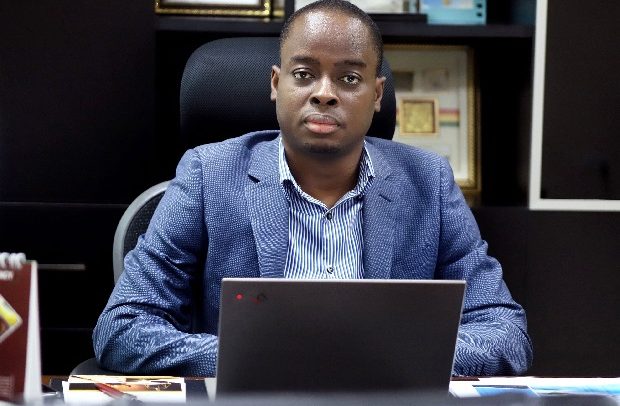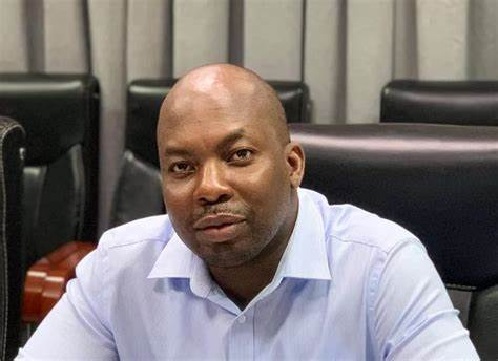
The Africa Centre for Energy Policy (ACEP) has said the government’s decision to subsidize electricity tariff could worsen the challenges facing the power sector.
ACEP, in a statement, pointed out that although the move is “well-intentioned to support Ghanaians, particularly the poor and vulnerable”, it could “endanger the sustainability of the power sector.”
ACEP further pointed out that the tariff is highly regressive and poorly redistributes national resources in favour of the rich.
“The challenge Ghana has had with electricity subsidy for the vulnerable in society is poor targeting. A large proportion of households described by the president as ‘the poorest of the poor’ do not benefit from lower lifeline tariffs because many of them live in compound houses.”
“These people consume higher than the base unit of 50kwh a month, rendering the poor unable to enjoy the lifeline tariff. Rather, consumers who are able to procure separate meters and stay within the 50kw consumption band, typically not the poor, benefit from the lifeline tariff,” ACEP argued in its statement.
Relief for electricity consumers
The government says it will fully cover the bills of low-income consumers of electricity in the country for April, May and June 2020 as the country battles the novel coronavirus disease which has infected 566 people.
The remaining consumers who fall outside of this category will enjoy a 50 percent reduction in the cost of electricity for the same period.
ACEP among other things urged government to scrap to the 50% reduction in electricity tariffs but make the lifeline consumption free for all.
“Make lifeline consumption free for everyone. This ensures that at least everybody has the option to enjoy electricity for the most essential purposes. Any consumption above lifeline should be paid for by the consumer. The burden on government for this approach will be GHS92 million a month, significantly lower than the GHS1 billion under the proposed policy. This generates a saving of GHS2.1 billion which can be used for other interventions to mitigate the impact of COVID-19,” ACEP added.
Below are other recommendations made by ACEP:
Government should quickly map out large households in poorer communities who do not benefit from lifeline tariff because they are too many on a single meter. This will ensure proper targeting of the most vulnerable in society for the intervention. The current implementation of the lifeline policy is known to be ineffective at targeting the poor in society. This means that further efforts are required to ensure that the poor can be supported in this era.
Government should spend part of the proposed expenditure on electricity consumers to identify and support those most impacted by the Pandemic. There are citizens who have lost their jobs and require urgent support while they look for another job. These people can be identified through GRA systems and working with employers who have laid off staffs. Many Trotro drivers and petty traders are also out of business and require support from government. The GHS2.1 billion is more than enough to provide direct cash transfers of GHS 200 for 3 million impacted citizens for three months. It is therefore pointless to rather target the rich through electricity tariffs
Government should summon the creativity of the citizens to find appropriate mitigations strategy for the times. Mapping out the vulnerable and the most affected is a non-negotiable exercise to be effective with interventions. The Pandemic is still evolving and requires efficient resource utilization to prepare for the worse-case scenario. In the era of technology, many software engineers in the country are capable of supporting government to identify and target the right people. Government should open up and welcome cheaper solutions to map out those who need support the most.
IES warns of unstable power supply
Institute of Energy Security has also predicted an unstable power supply across the country in the coming days if the government does not resource electricity service providers.
This, the Research and Policy Analyst at the Institute, Raymond Nuworkpor in a Citi News interview said the already existing challenges in the sector may be compounded if funds are not provided urgently to support the rollout of government’s intervention.
Statement on Electricity Subsidy:
The post Subsidizing electricity tariff could worsen power sector challenges – ACEP appeared first on Citinewsroom - Comprehensive News in Ghana, Current Affairs, Business News , Headlines, Ghana Sports, Entertainment, Politics, Articles, Opinions, Viral Content.
Read Full Story


















Facebook
Twitter
Pinterest
Instagram
Google+
YouTube
LinkedIn
RSS